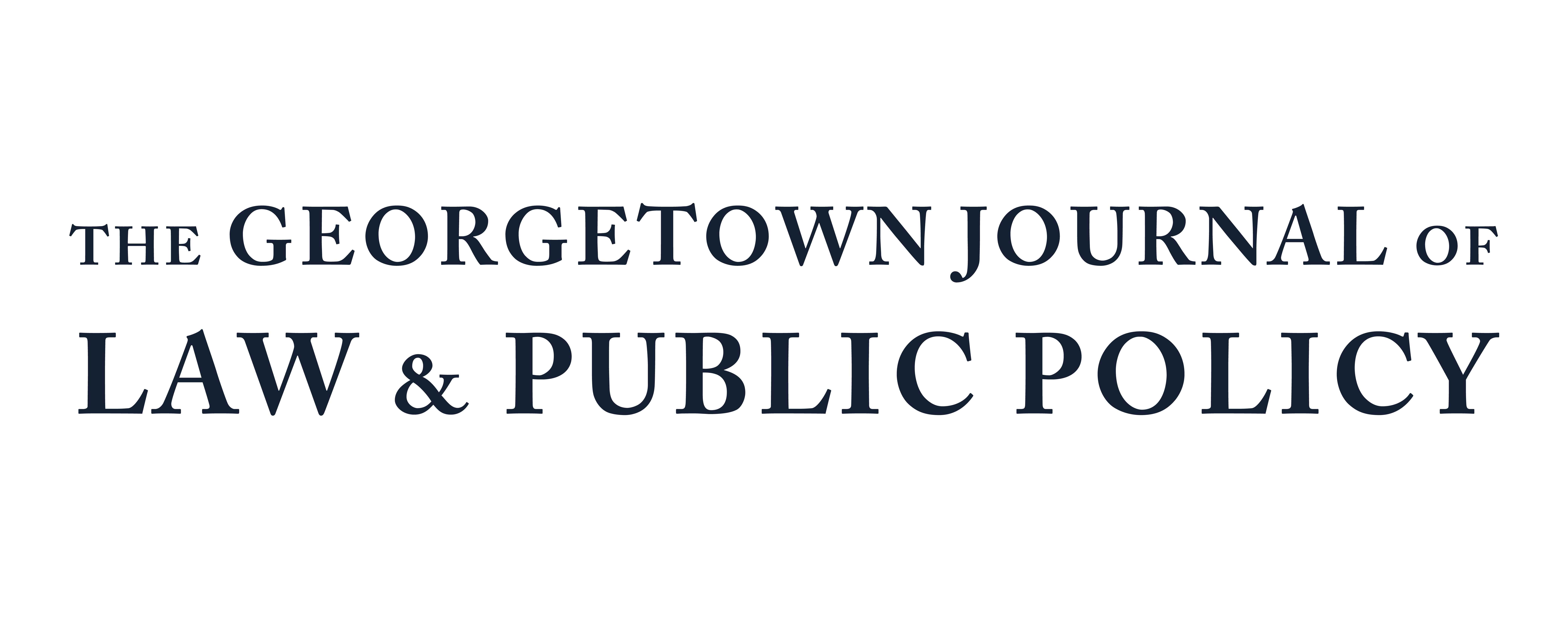The Consequences of Ignorance in Regulatory Design: The Ethical Duty to be a Realist
Regulators have a duty to be realistic in the design of new regulatory solutions. This includes taking account of costs, effectiveness, and the capacity of the government which will be charged with implementing the proposed solution. Not considering these factors leads to failures which may well worsen the situation the regulation was supposed to improve. Using three case studies of regulatory measures, this Article explores the requirements of the duty to be realistic.
Keep Reading The Consequences of Ignorance in Regulatory Design: The Ethical Duty to be a Realist
Subscribe to GJLPP
